James Comey firing: Are there really echoes of Watergate?
Parallels with the Richard Nixon scandal abound, say commentators, but is the comparison fair?
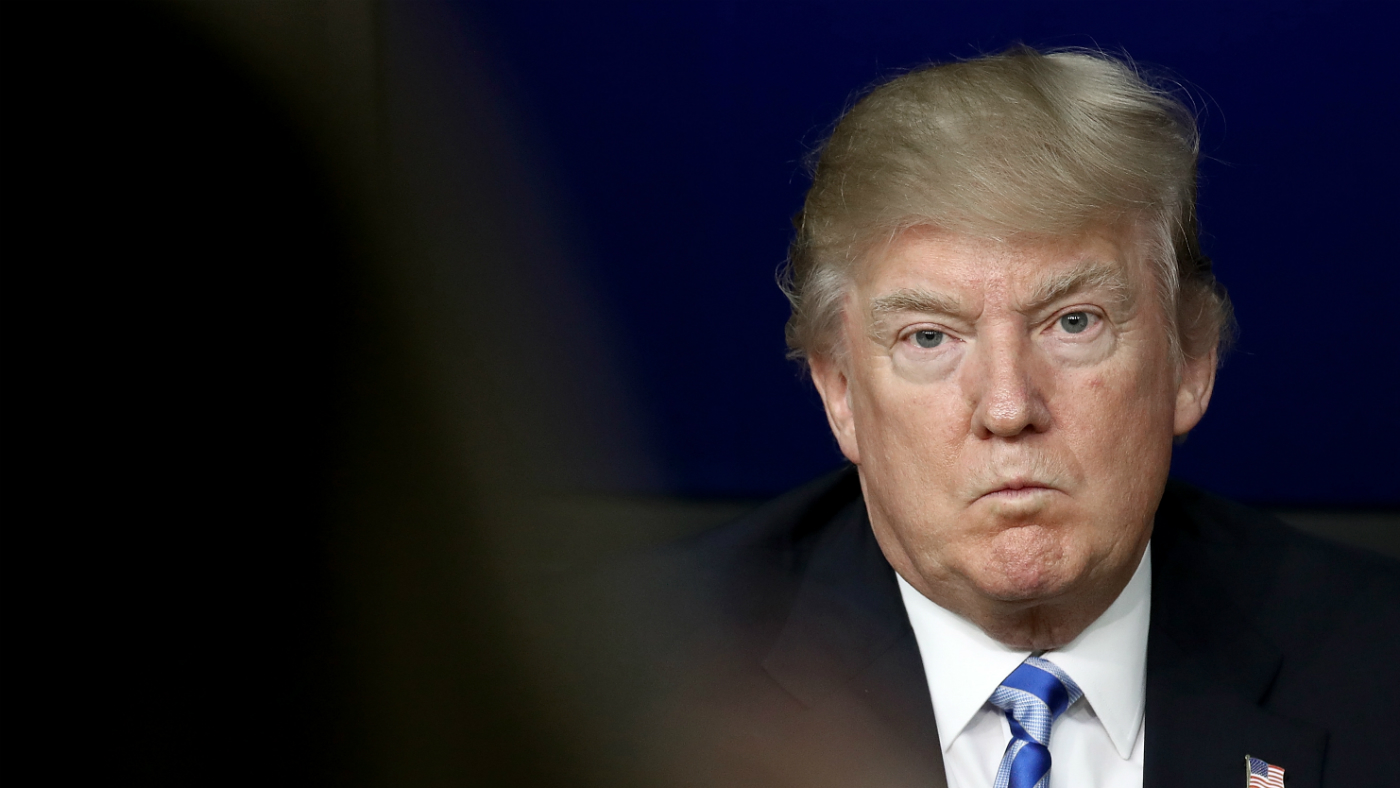
A free daily email with the biggest news stories of the day – and the best features from TheWeek.com
You are now subscribed
Your newsletter sign-up was successful
Donald Trump's dismissal of former FBI director James Comey has been compared with the Watergate scandal that eventually led to the impeachment of president Richard Nixon.
"Not since Watergate has a president dismissed the person leading an investigation bearing on him," said the Washington Post.
Robby Mook, Hillary Clinton’s former campaign manager, tweeted that US politics had entered a "twilight zone," adding: "This terrifies me."
The Week
Escape your echo chamber. Get the facts behind the news, plus analysis from multiple perspectives.

Sign up for The Week's Free Newsletters
From our morning news briefing to a weekly Good News Newsletter, get the best of The Week delivered directly to your inbox.
From our morning news briefing to a weekly Good News Newsletter, get the best of The Week delivered directly to your inbox.
Comparisons are even being made by those on Trump's own side of the political divide, with Republican Richard Blumenthal of Connecticut explicitly comparing his actions to those of the 37th president.
"The situation has very much the look and feel of Nixon's dismissal of attorneys general in the Saturday night massacre," Blumenthal said, referring to the so-called Saturday Night Massacre of 1973, when Nixon ordered attorney general Elliot L Richardson and then his deputy William D Ruckelshaus to fire Archibald Cox, the special prosecutor leading the Watergate investigation, leading both men to resign.
Republicans were "thinking seriously about the constitutional crisis we face right now," added the politician, "and they are deeply troubled by the potential confrontation, not unlike United States v Nixon".
Richard Painter, George W Bush's ethics advisor, told CNBC it was "worse than Watergate" as then "we didn't have a foreign power, much less the Russians, conducting espionage inside the United States. That's what we had in 2016."
A free daily email with the biggest news stories of the day – and the best features from TheWeek.com
So is Trump set for impeachment?
Where the comparisons with Watergate fail is that this time, the US President has acted legally.
"While breaking with the norm of allowing FBI directors to serve out their ten-year terms unimpeded", Trump has not put himself above the laws, says the BBC's Nick Bryant.
His sacking of Comey is "highly unusual and deeply controversial", he adds, but it is "constitutionally permissible".
ABC News's Rick Klein agrees. "There is no question that Donald Trump acted within his authority," he said, adding that the "White House's official explanation for what transpired is straightforward enough".
His motivations may also be different, says the BBC's Bryant. Nixon sacked Cox because he feared his criminality would be exposed, while agents in the FBI believe Trump acted "primarily out of pique and spite because of his refusal to publicly exonerate".
This seems to be backed up by Politico's reporting that Trump "shouted at the television over the Russian investigation", the President's rage based upon feelings of frustration rather than any larger cover-up.
Asked why he fired Comey, Trump said it was "because he wasn't doing a good job. Very simple - he was not doing a good job."
His anger at the former FBI head "had been building for months", says Reuters, "but a turning point came when Comey refused to preview for top Trump aides his planned testimony to a Senate panel, White House officials said".
One more issue with the Watergate comparison is that politics has changed irrevocably since Trump's election.
"Nothing that has happened in the short and exciting political career of President Donald Trump has any clear precedent," says Salon's Andrew O'Hehir.
Democrats arguing the current administration has reached a Watergate-level turning point "may be operating on the assumption that old rules, or indeed any rules at all, still apply", he adds, and while it can be argued that Trump's opponents should "hold him to account through the aggressive and activist application of normal politics", it is possible that "we may no longer understand what politics is, or how it works".
-
 Why the Bangladesh election is one to watch
Why the Bangladesh election is one to watchThe Explainer Opposition party has claimed the void left by Sheikh Hasina’s Awami League but Islamist party could yet have a say
-
 The world’s most romantic hotels
The world’s most romantic hotelsThe Week Recommends Treetop hideaways, secluded villas and a woodland cabin – perfect settings for Valentine’s Day
-
 Democrats push for ICE accountability
Democrats push for ICE accountabilityFeature U.S. citizens shot and violently detained by immigration agents testify at Capitol Hill hearing
-
 Flies attack Donald Trump
Flies attack Donald TrumpTall Tales And other stories from the stranger side of life
-
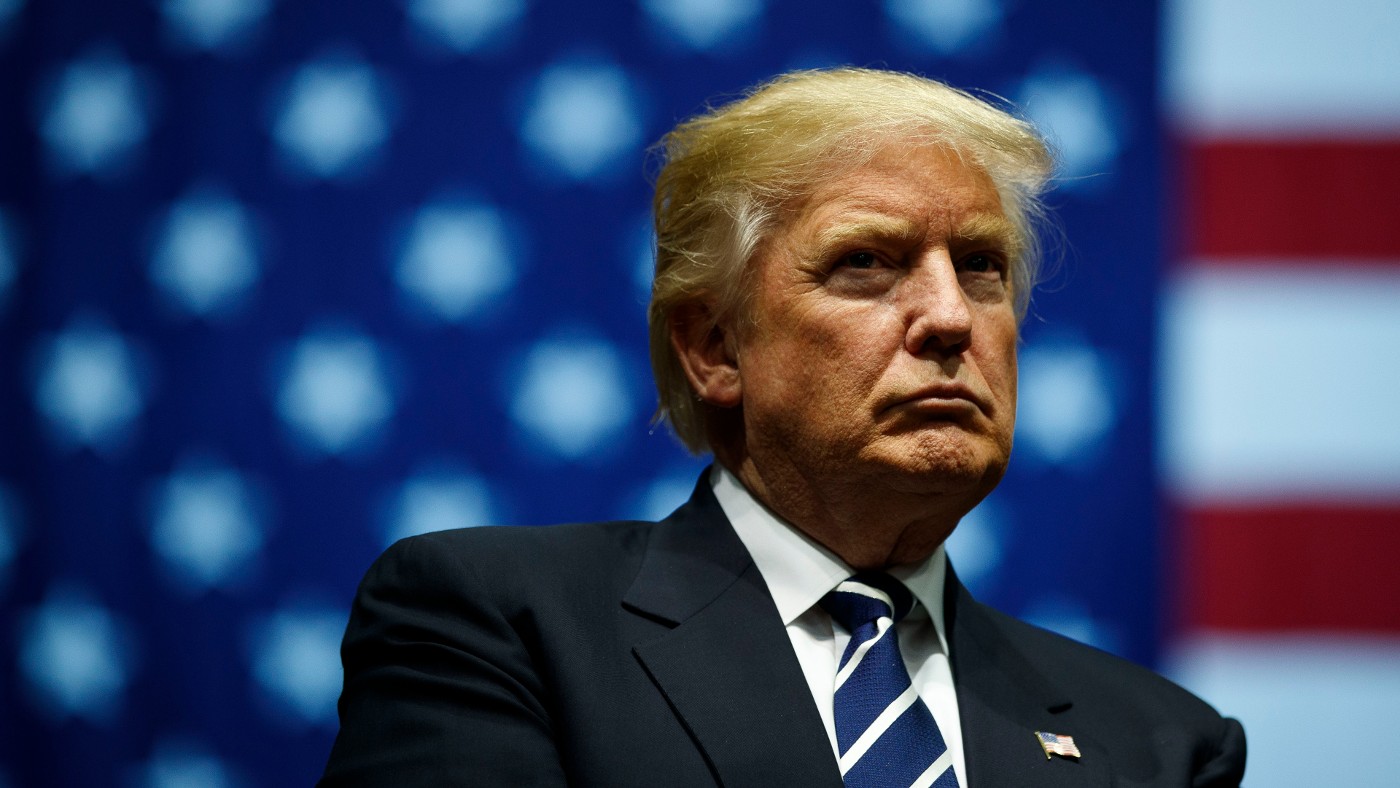 Donald Trump criminal charges for 6 January could strain 2024 candidacy
Donald Trump criminal charges for 6 January could strain 2024 candidacySpeed Read Former president’s ‘pettifoggery’ won’t work well at trial, said analyst
-
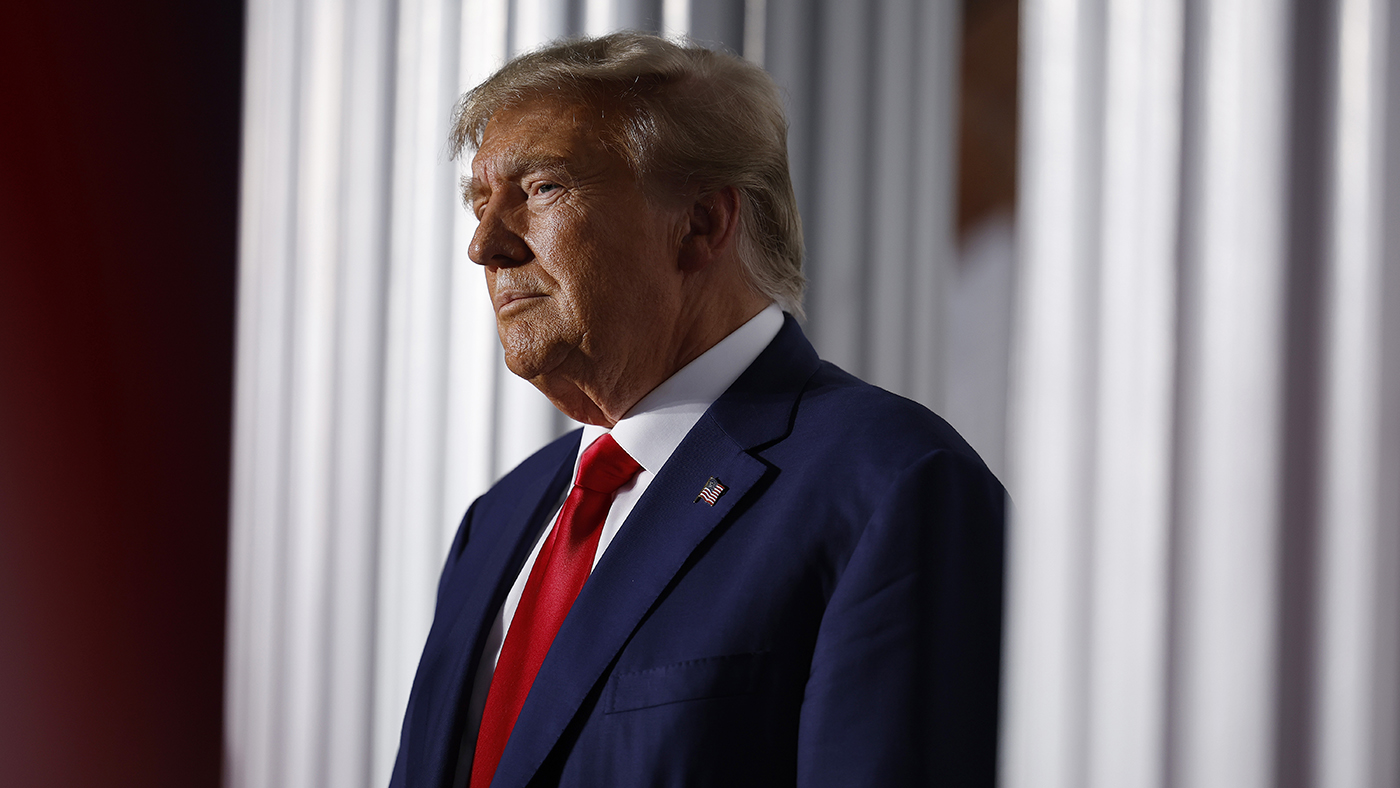 Donald Trump in the dock: a fraught moment for US democracy
Donald Trump in the dock: a fraught moment for US democracyTalking Point There is speculation that former president could end up running his 2024 election campaign from behind bars
-
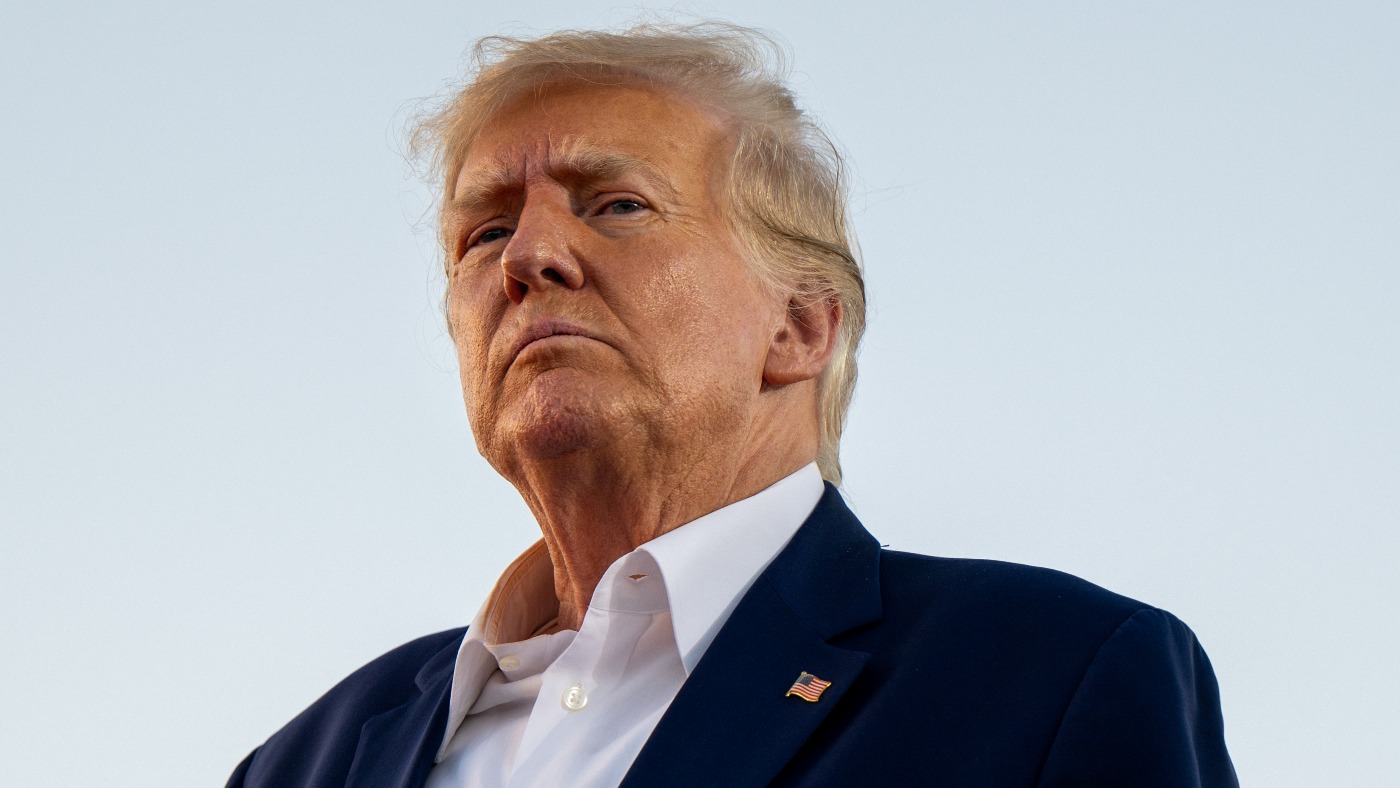 Donald Trump indicted again: is latest threat of prison a game changer?
Donald Trump indicted again: is latest threat of prison a game changer?Today's Big Question The former president ‘really could be going to jail’ but Republicans ‘may not care’ say commentators
-
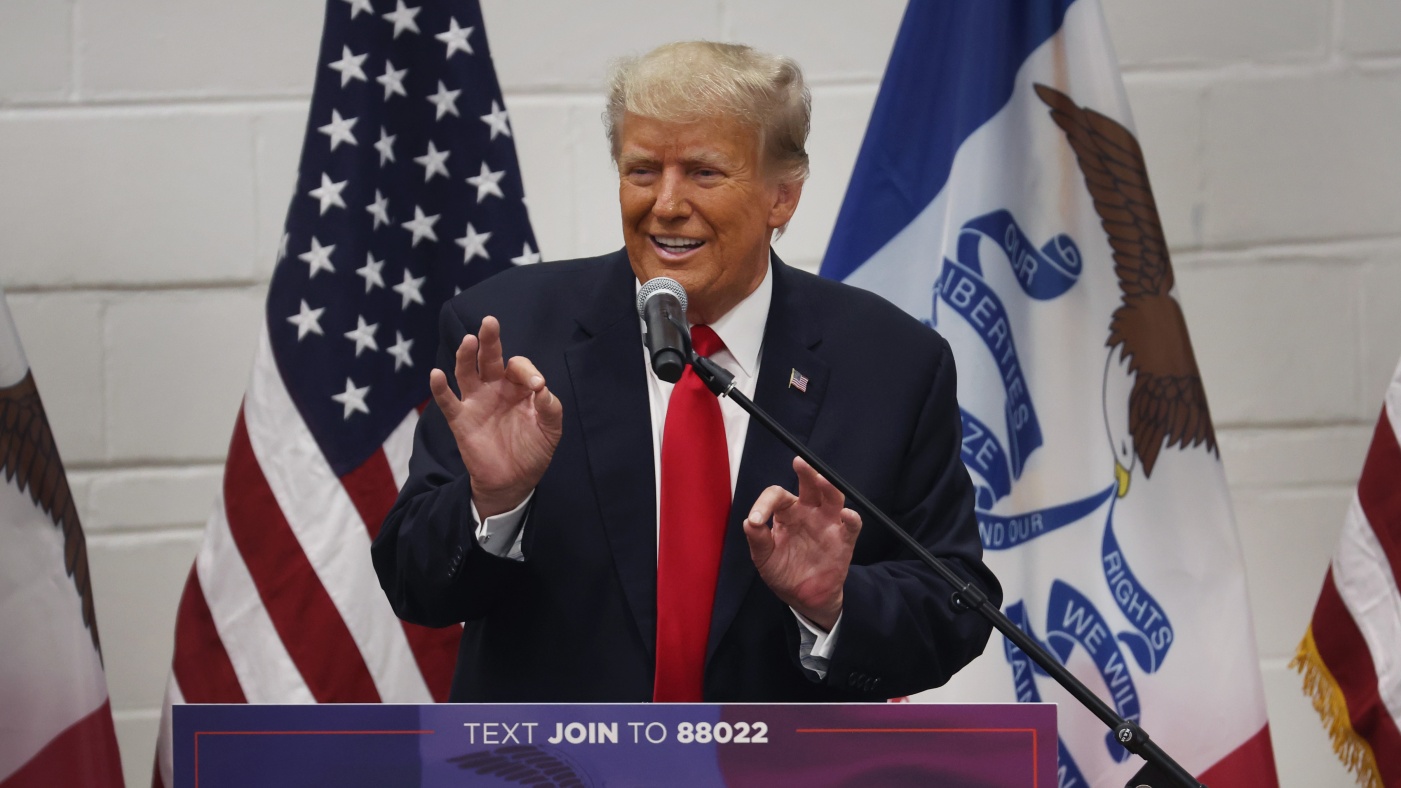 Trump told he could face charges over classified Mar-a-Lago documents
Trump told he could face charges over classified Mar-a-Lago documentsSpeed Read A second criminal indictment is on the cards for the former US president and current Republican frontrunner
-
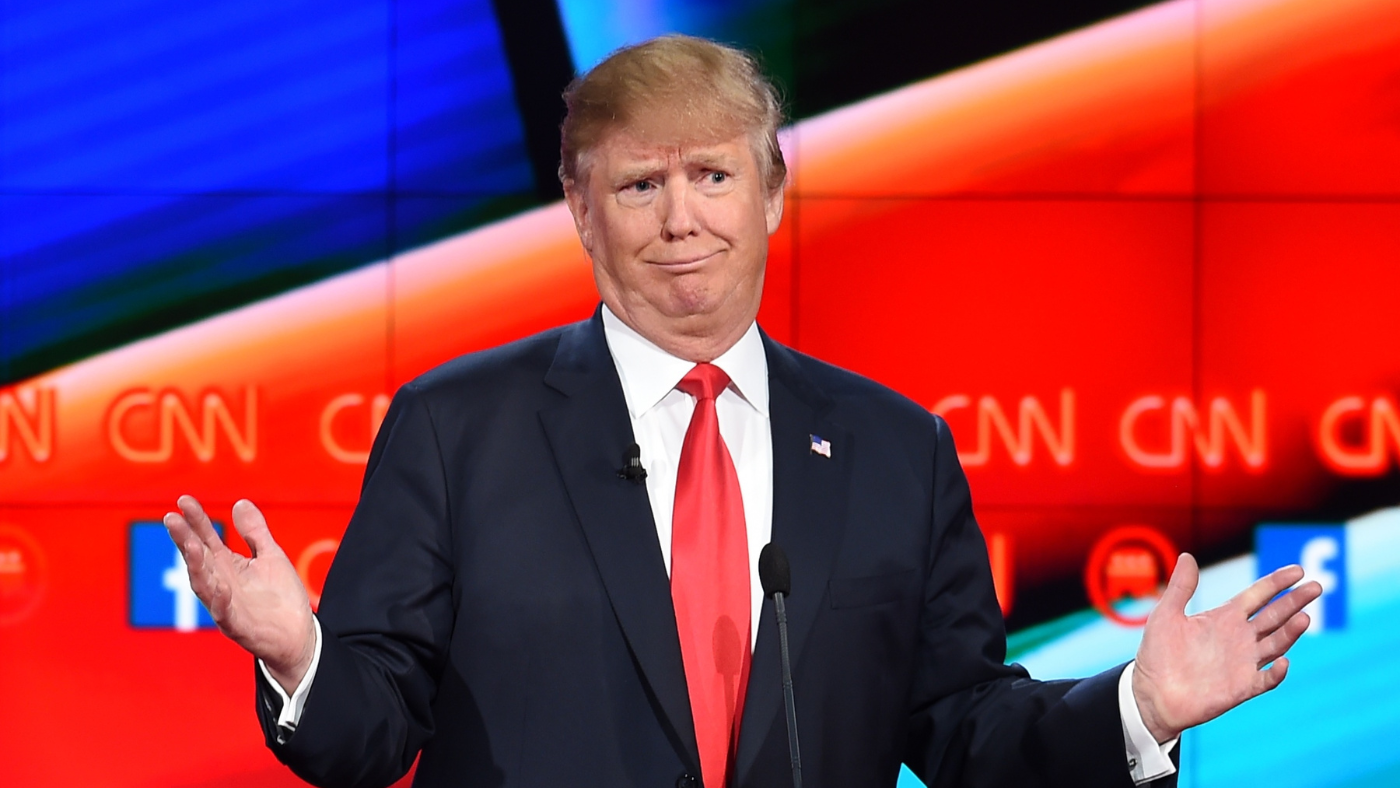 The return of Donald Trump to prime-time television
The return of Donald Trump to prime-time televisionfeature CNN executives have been condemned over the former president’s televised town hall
-
 Durham criticizes FBI, offers little new in final report on 4-year Trump-Russia investigation review
Durham criticizes FBI, offers little new in final report on 4-year Trump-Russia investigation reviewSpeed Read
-
 Trump ally’s ‘prove me wrong’ challenge backfires
Trump ally’s ‘prove me wrong’ challenge backfiresfeature And other stories from the stranger side of life